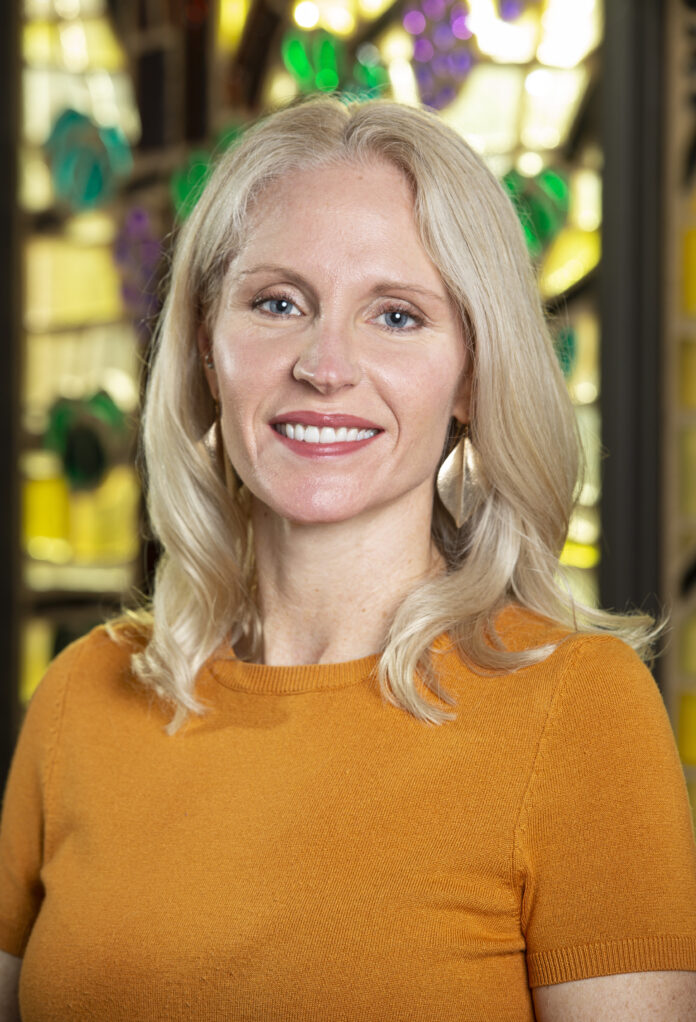Warm Hearts on a Cold Day: Celebrating Caregivers on National Caregivers’ Day
By Jaime Cobb-Tinsley, Vice President of Caregiver Education/Dementia-IQ at the James L. West Center for Dementia Care
This Friday, February 21, families will express warm gratitude to the caregivers who provide them with rest and a respite from caring for loved ones with various health issues and illnesses. National Caregivers’ Day pays tribute to the professional and lay (family and friend) caregivers who provide personal care and physical and emotional support for those who most need it.
While professional caregivers are paid, many other caregivers volunteer their services as part of their personal mission or simply because the person with dementia lacks the financial resources to receive professional care and support. Family members often feel honored to care for a loved one while also experiencing caregiving’s emotional and financial stress.
There are several distinct types of caregivers:
· Family caregivers
· Professional caregivers
· Independent caregivers
· Private duty caregivers
· Informal caregivers
As Vice President of Caregiver Education (also known as Dementia-IQ) at the James L. West Center for Dementia Care, we see family members as the foundation for support for loved ones facing a disease or disability diagnosis.
For the past 13 years, I have crafted and taught caregiver insights that have helped professional and lay (including family members) caregivers better understand how to protect their own health while elevating their performance as compassionate caregivers.
While our programs have increased exponentially, so has the number of people living with dementia. It’s an international public health crisis, and more and more people are being cared for at home as the oldest Baby Boomers are reaching their 80s, which creates an even stronger caregiver demand.
According to AARP, more than 38 million Americans provide unpaid caregiving to seniors and other loved ones, spending an average of more than $7,000 a year on out-of-pocket costs. In 2021, the value of that care topped $600 billion, an increase of $130 billion from 2019.
Some states have already passed legislation that offers tax deductions for caregiving expenses.
Caregivers are often not fully appreciated for the relief they offer when they step in and provide care for a family member. Frequently, the family may feel a sense of relief but don’t recognize the impact the caregiver has on the family and the person receiving care.
A recent Gallup-Healthways Well-Being Index reports that caregivers may spend the equivalent of:
· Six days a month grooming, feeding, dressing, and bathing.
· 13 days a month commuting, cleaning, laundry, monitoring medications, shopping, and cooking special meals.
· 13 hours a month coordinating doctor visits, researching symptoms and diseases, and leading routine exercise regimens.
In 2022, The West Center launched its Bilingual Caregiver Education Program to address a gap in services and support for the Hispanic population and families caring for persons living with dementia. This is the only bilingual education system benefiting these caregivers, representing a set of strategic collaborations and partnerships.
We need to care for the caregivers – all of them. Reports indicate that many caregivers are older, themselves, and they are likely disregarding their own personal health as they lovingly and sacrificially serve others they love.
Caregivers continuously demonstrate a high level of kindness, patience, and unselfishness and deserve to be celebrated. Please express your gratitude to the caregivers you know on Friday, February 21, National Caregivers Day.









